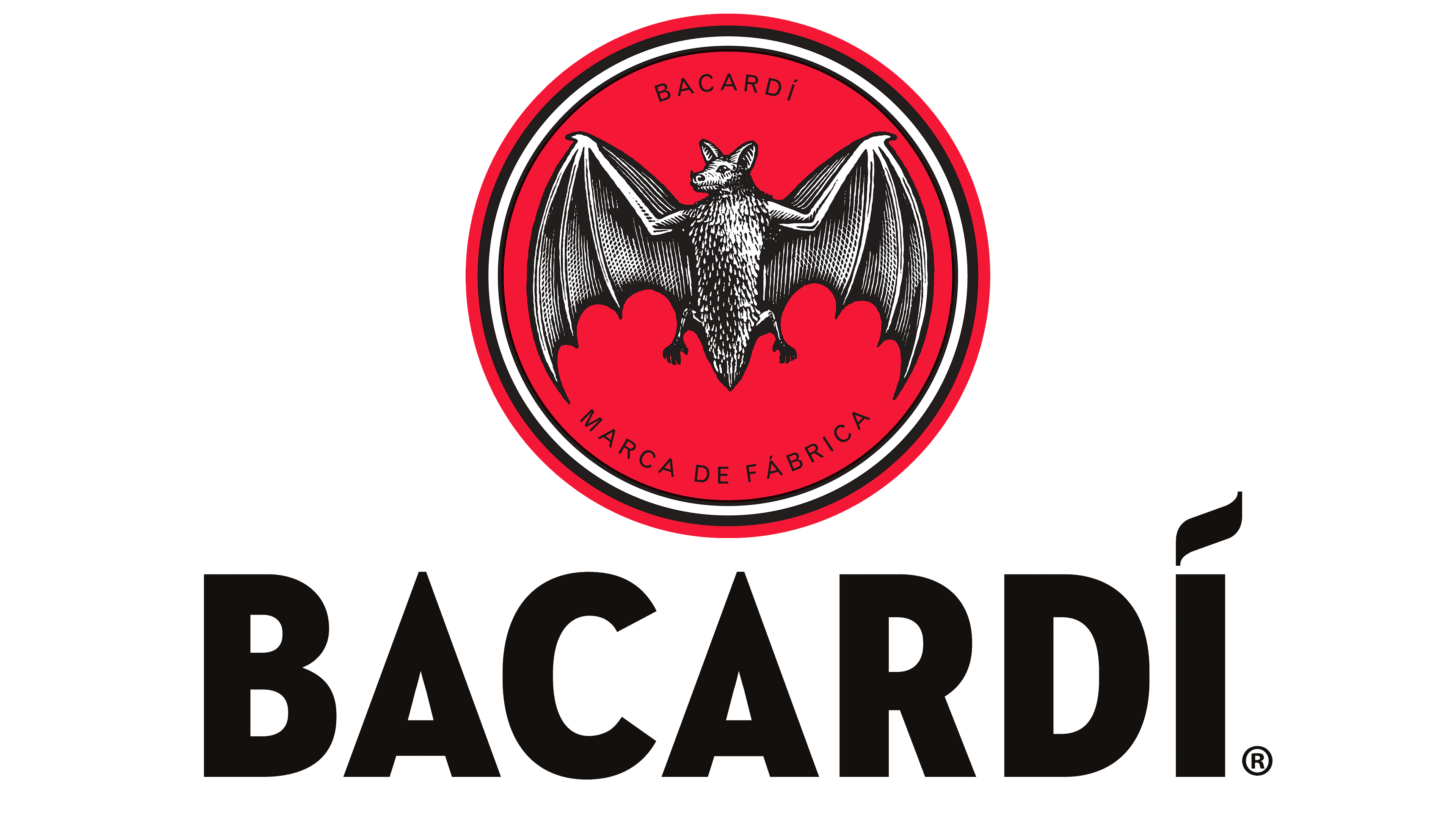Contents
Being seen as a ‘role model’ can be a rather daunting prospect. It evokes expectations of perfection and the need to be constantly on top form. This might seem like a fake reality, or even an arrogant way for us to present ourselves to the world. However the reality is, to some degree we are all role models because we can all influence others through our behaviour.
The question therefore is not “Do you want to be a role model”, rather “What kind of role model do you want to be?”
The need to be a positive role model becomes increasingly important as we progress through the organisational ranks. Employees will inevitably look to the top for guidance, and consequently the attitudes and behaviours of leaders have a strong influence on organisational culture. This can have a significant impact on overall performance and engagement, as well as the success of organisational change (Jones, 2013).
For leaders representing minority groups, this visibility is further heightened (Bostock, 2013).
While leaders play a critical role in showcasing the values and behaviours at the heart of an organisation, role modelling is not restricted to those holding senior positions. Indeed, it is imperative that role models exist at all levels of an organisation to positively influence its culture and drive forward change.
Research suggests that using informal, collective and emergent acts of influence, in addition to the influence of leadership, is an effective way to engage employees in the delivery of the organisational strategy (Bolden, 2011). These informal leaders – such as front-line managers or respected team members – are likely to have the greatest day-to-day impact on those around them and consequently an ability to direct energy towards new ways of working, which positively influences change (Blewett, 2000).
This is supported by the psychological phenomenon ‘social proof’ – where trusted and credible role models can positively influence the behaviours of their peers. This can be particularly powerful during times of change when there are high levels of uncertainty and ambiguity, and employees will look to each other for guidance on the right way to respond (Cialdini, 2001).
When we accept that we can all be effective role models, we create the opportunity to become more intentional with our impact on others. This starts with recognising our personal strengths, as well as the shared values that we aim to promote.
It’s also worth recognising the personal benefits of being a role model. We all seek a sense of fulfilment in our professional and personal lives, and being a role model to others can give us a real sense of satisfaction and achievement.
To become even better role models, we must continue to challenges ourselves, stretch our comfort zones, try new things and grow as individuals. In doing so, we encourage those that look up to us to stretch themselves further.
5 Qualities of Successful Role Models
Here are five qualities of successful role models:
1. Authentic
Be true to who you are and what makes you unique, showing passion towards what’s important to you and pride in the person you’ve become
2. Consistent
Be mindful of how you present yourself in every situation, showing constancy in behaviour and staying true to your values and beliefs
3. Confident
Be positive, calm and courageous, showing the ability to overcome obstacles and a willingness to strive for bigger, better objectives
4. Visible
Be easily accessible and generous with your time, showing an ability to communicate effectively and encouraging others to follow
5. Inclusive
Be compassionate and accepting of others, showing the ability to listen well and respect other points of view
Ask yourself:
- What do these values look like for you?
- How will you live these behaviours every day?
At ChangingPoint, we use the power of behaviour science and psychology to help you with personal, team, and organisational development. Our Leadership and Executive Coaching programmes help to improve confidence, achieve goals, and deliver business results.
References
- Blewett, V. (2000). Workers Changing Work: The Influence of Worker Power; a Longitudinal Case Study Analysis of Workplace Change at Moving Metals Limited. Adelaide: University of Adelaide.
- Bolden, R. (2011). Distributed Leadership in Organizations: A Review of the Theory and Research. International Journal of Management Reviews, 13, 251 – 269.
- Bostock, J. (2013). The Meaning of Success: Insights from Women at Cambridge. Retrieved July, 2015.
- Cialdini, R.B. (2001). Harnessing the science of persuasion. Harvard Business Review, 79 (9), 72–79.
- Jones, G.R. (2013). Organizational Theory, Design and Change (7th Ed.). New York: Pearson Education.

Written by Jayne Ruff
Jayne Ruff, Occupational Psychologist & Managing Director at ChangingPoint. To find out more about how ChangingPoint can help you align minds to transform your business, get in touch.
From the blog

Blog How Leaders Can Create Psychological Safety at Work
While many discussions about safety in the workplace are rightfully centred around physical health and safety, they should be expanded to cover psychological safety at work too.
Read more
Blog Strife or Thrive? 7 Most Common Challenges in Family Businesses
Take a closer look at how tradition, innovation, and change intersect within a family business context.
Read more
Blog The Glass Cliff: A Perilous Path for Women in Leadership
Learn what the glass cliff is, how it affects women’s leadership positions, and what we can do together to create more inclusive workspaces.
Read more






